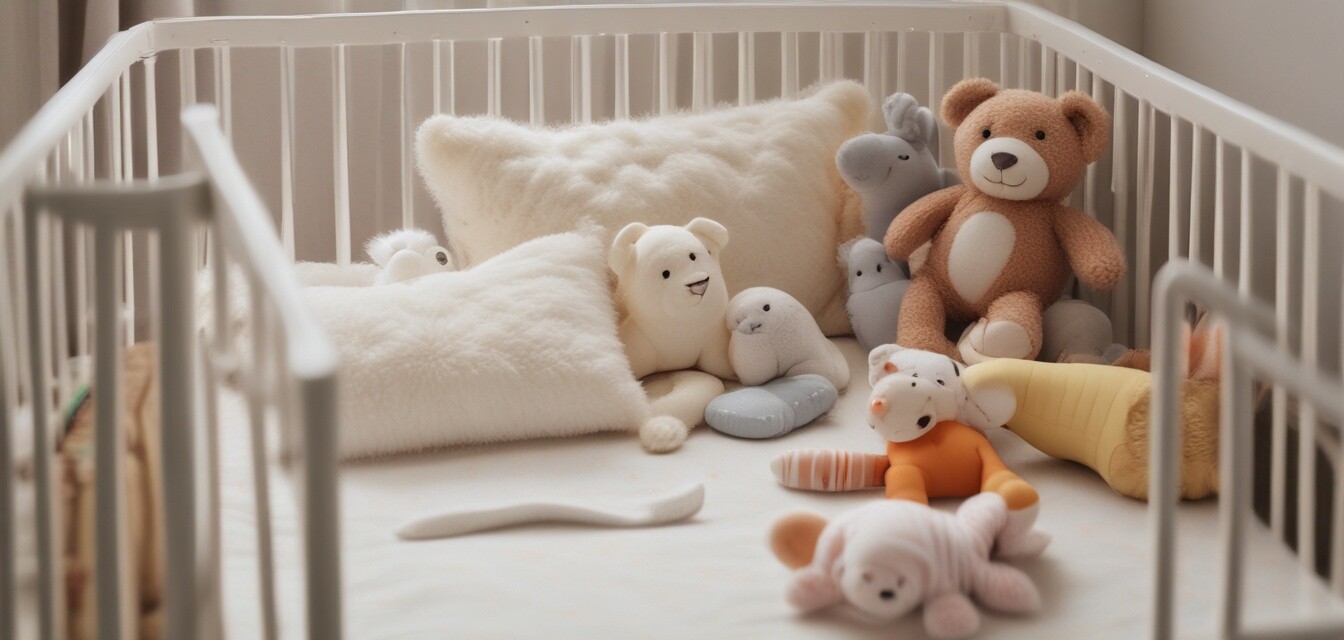
Recognizing allergies: Is your cot mattress the cause?
Key Takeaways
- Allergies can often be linked to materials found in cot mattresses.
- Choosing a hypoallergenic cot mattress can help reduce allergy symptoms.
- Regular maintenance and cleaning of mattresses are essential for a healthy sleeping environment.
- Pay attention to signs of allergies in your baby, such as rashes or respiratory issues.
- Consult with pediatricians if you suspect allergies related to sleeping surfaces.
When it comes to providing a safe sleeping environment for your little one, the choice of cot mattress plays a pivotal role. Unfortunately, certain materials found in baby mattresses can aggravate allergies. This article will guide you on how to identify if your cot mattress is contributing to allergies and offer options for hypoallergenic mattresses.
Understanding allergies in infants
Babies can be sensitive to various allergens, which can come from food, environmental factors, or even products used in their close surroundings like cot mattresses. Allergens can cause a range of symptoms from mild irritation to severe reactions. Here are a few common signs that might indicate your baby is experiencing allergy-related issues:
- Skin rashes or eczema
- Respiratory issues like coughing or wheezing
- Frequent sneezing or runny nose
- Excessive fussiness or restlessness
What to look for in a cot mattress
When selecting a cot mattress, several factors can help mitigate the risk of allergies:
- Material: Opt for mattresses made from natural or hypoallergenic materials.
- Certification: Look for certifications like CertiPUR or OEKO-TEX that ensure chemical safety.
- Waterproof covers: Consider mattresses with waterproof covers that prevent mold and dust mite accumulation.
Identifying if your cot mattress is the culprit
If you notice allergy symptoms in your baby, it may be time to assess their sleeping environment, especially the cot mattress. Here are steps to determine if it’s the source of problems:
- Check the materials: Review the components used in the mattress.
- Evaluate the age of the mattress: Over time, mattresses can accumulate dust mites and allergens.
- Monitor for improvements: Try replacing the mattress with a hypoallergenic option and observe if symptoms improve.
Signs your cot mattress may be contributing to allergies
| Symptom | Possible Origin |
|---|---|
| Rash | Allergic reaction to latex or synthetic materials |
| Coughing/Sneezing | Dust mites or mold in the mattress |
| Fussiness | Discomfort from non-breathable materials |
Choosing hypoallergenic cot mattresses
If you suspect your cot mattress might be causing allergy symptoms, considering a hypoallergenic option is a wise choice. Hypoallergenic mattresses are designed to minimize the risk of allergens, ensuring a comfortable sleeping environment for your child.
Benefits of hypoallergenic cot mattresses
Pros
- Reduced exposure to allergens
- Better airflow and breathability
- Easier to clean and maintain
- Often made from sustainable and natural materials
Cons
- May be more expensive than standard mattresses
- Limited availability in some stores
Maintaining your cot mattress
Proper maintenance of your cot mattress is critical in minimizing allergens and prolonging its life. Here are some effective tips for mattress care:
Tips for beginners
- Regularly air out the mattress to reduce moisture.
- Use a waterproof cover to protect against spills and stains.
- Wash bedding frequently in hot water.
- Vacuum the mattress to remove dust and debris.
- Consider replacing the mattress every few years to ensure safety and hygiene.
When to consult a pediatrician
If you suspect that your cot mattress is the cause of your baby's allergy symptoms and home remedies are not effective, it is important to consult with a pediatrician for advice. They can provide professional insights and may recommend specific tests or products to ensure your child's comfort and safety.
Conclusion
Ensuring your baby has a safe sleeping environment free from allergens is important for their health and comfort. By regularly assessing your cot mattress and opting for hypoallergenic options, you can make a significant difference in your child’s sleeping experience. For more useful tips on maintaining your child's mattress, check out our Cot Mattress Maintenance section.
Related Topics
If you would like to explore further, here are some related articles that might interest you: